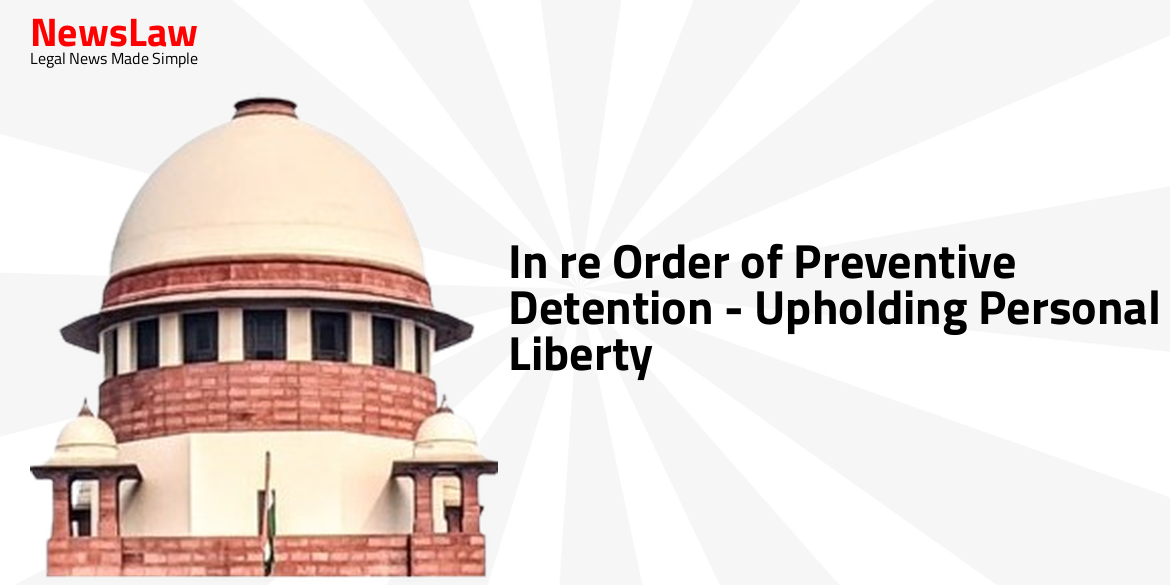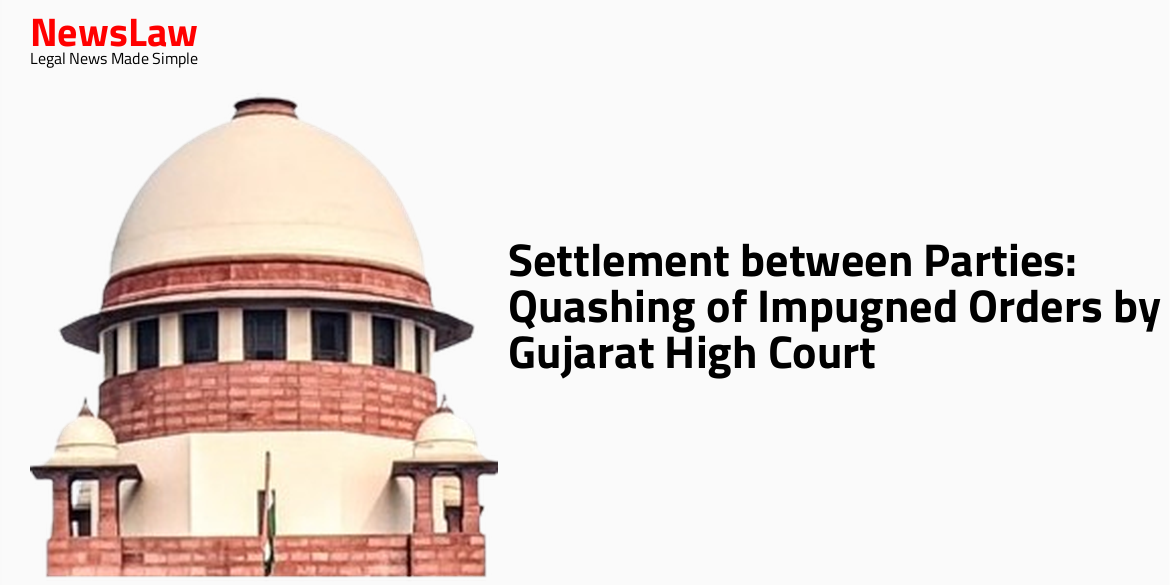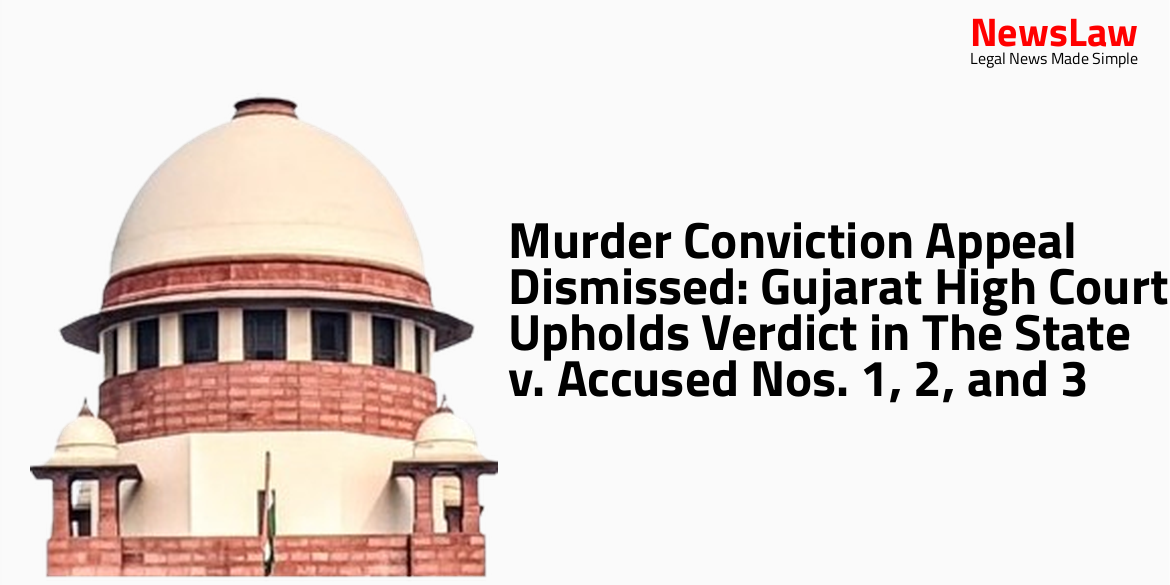In a significant ruling, the Gujarat High Court overturned the detention order in the case involving Piyush Kantilal Mehta and the Commissioner of Police. The Court emphasized the importance of upholding individual rights and highlighted the crucial difference between law and order issues and threats to public order.
Issue
- The main issue in this case is whether the actions of Mr. A constitute a violation of Article 21 of the Constitution of India.
- The petitioner argues that Mr. A’s actions infringe upon their fundamental right to privacy, dignity, and personal liberty as guaranteed under Article 21.
- The respondent contends that the actions in question were justified under the provisions of XYZ Act.
- The Court must determine whether the provisions of XYZ Act override the fundamental rights guaranteed under the Constitution.
- This case raises a significant question of law regarding the interpretation of Article 21 and its application in the context of legislative provisions.
Arguments
- The grounds of detention reference two criminal cases against the detenue for various offences under the IPC.
- The detenue’s advocate argues that the alleged offences do not relate to public order but pertain to law and order issues.
- The State Counsel asserts that the detenue, being a habitual offender, has negatively impacted society.
- The Detaining Authority issued the detention order based on the detenue’s past activities to prevent any actions prejudicial to public order in Ahmedabad.
- The key issue is whether the detention order is legally valid under the Act of 1985.
- The detenue is currently in jail after the execution of the impugned order, despite having been granted bail in all the mentioned offences.
Analysis
- The detaining authority wrongly concluded based on two criminal cases that the detenue’s activities were prejudicial to the maintenance of public order.
- The authority failed to prove that the detenue’s anti-social activities would adversely affect public order.
- Incidents of beating by the detenue were acknowledged, but they were deemed irrelevant to the maintenance of public order.
- Distinction between ‘law and order’ and ‘public order’ is clearly laid down in Pushkar Mukherjee v. State of West Bengal.
- The detention order in the case of Piyush Kantilal Mehta Vs. Commissioner of Police, Ahmedabad was based on registration of two prohibition offences.
- Merely disturbing law and order leading to disorder is not sufficient for action under the Preventive Detention Act. It must be a disturbance that affects public order.
- Not every act of assault or injury to specific persons leads to public disorder.
- Acts of quarrel, fight, and assault between individuals may constitute disorder but not public disorder.
- Contravention of any law affects order, but to affect public order, it must impact the community or public at large.
- A line is drawn between serious forms of disorder directly affecting the community/public interest and minor breaches of peace with local significance primarily injuring specific individuals.
- The offences alleged against the petitioner and the allegations made by witnesses did not create feelings of insecurity, panic, or terror among the public of the area.
- The alleged activities of the detenue did not adversely affect or likely to affect the maintenance of public order.
- The material on record was deemed insufficient to support the detention based on public order concerns.
- The subjective satisfaction of the detaining authority was not considered legal, valid, and in accordance with the law.
Decision
- Order dated 21.12.2023 passed by the respondent authority quashed.
- Rule made absolute accordingly.
- Direct service permitted.
- Detenue directed to be set at liberty forthwith if not required in any other case.
Case Title: SONU @ PASARA S/O DASHRATH AGALE (AGADE) Vs. STATE OF GUJARAT
Case Number: R/SCA/296/2024



